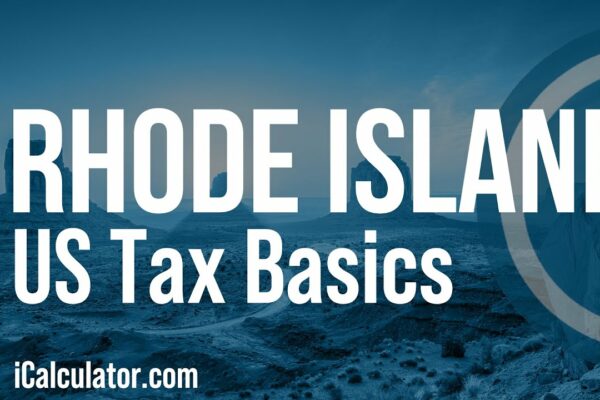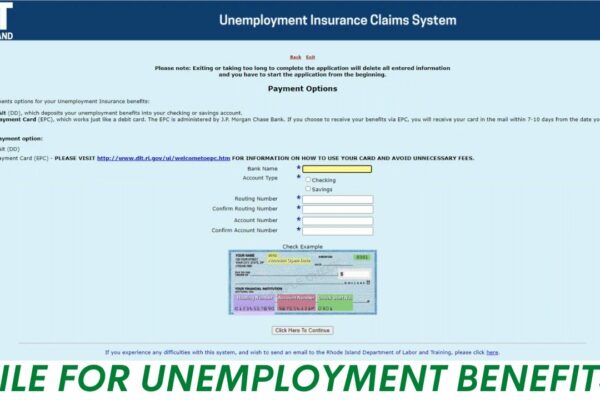
What amount is the state income tax in Rhode Island?
Rhode Island imposes a state income tax on its residents, which is calculated based on a progressive tax system. The tax rates range from 3.75% to 5.99%, depending on an individual’s income bracket. It is important for Rhode Island residents to understand these rates when planning their finances and filing their state tax returns.







